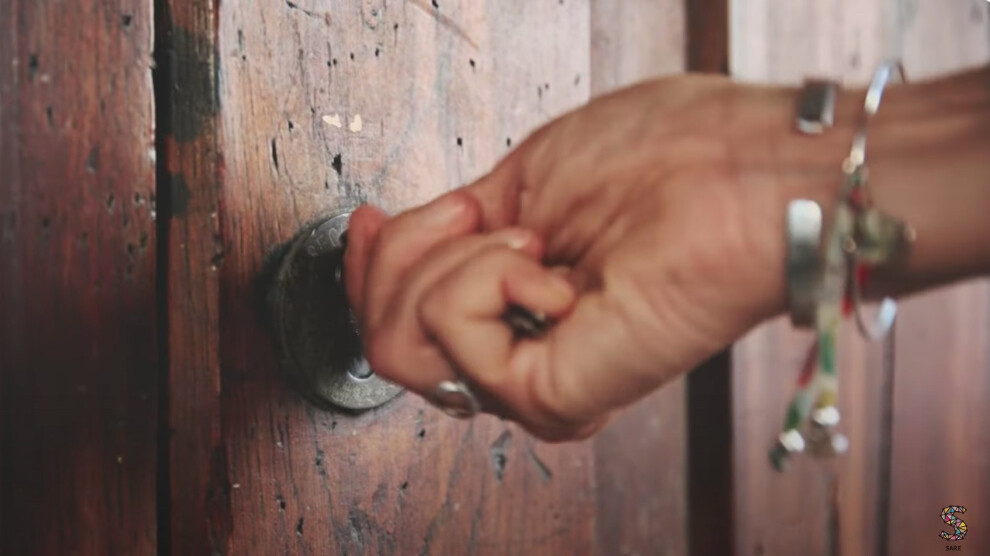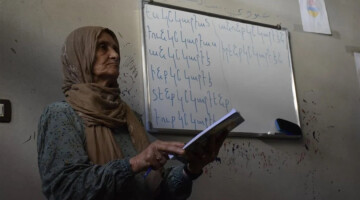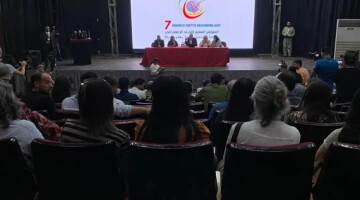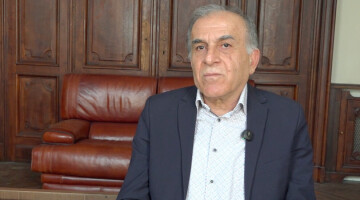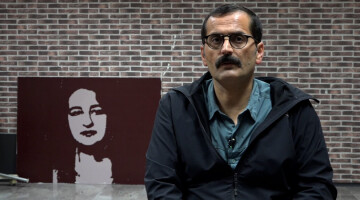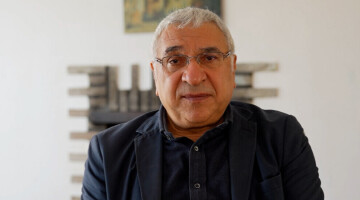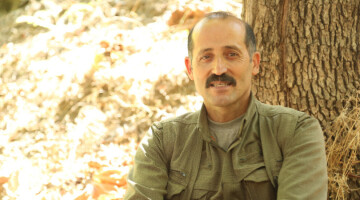"Key. Lock. Hole. Door. Open-close" is the title of the manifesto published by dozens of political, cultural and social agents asking for a solution to the issue of Basque prisoners.
The manifesto, which also calls for participation in the annual march for prisoners in Bilbao on 13 January, was signed by dozens of political, cultural, social people and organizations as well as international figures, such as the former president of Sinn Féin, Gerry Adams.
In the video supporting the manifesto, the first to appear is famous Basque actress Itziar Ituño (La Casa de Papel).
The manifesto said: "We use keys to open and lock: our house, cars, safes, padlocks, cages and jails. We keep what matters to us under lock and key: money, jewelry, documents, memories, secrets and nostalgia. Keys allow us to come and go: We advance, or we stay behind, entrenched. The key to what, that’s the key. Close: To leave behind the pain, hatred and violence of the past, without neglecting or undervaluing anyone’s suffering, but being able to look at the past, as a lesson for the present and future."
The manifesto continued: "To learn from mistakes and avoid repeating them, to lock in rivalries that anchor us in the past. Open: To open the doors to resolution. This is the moment in which we find ourselves, as we firmly advance, opening and closing doors. The dissolution of ETA and the end of policies such as solitary confinement, segregation and the incarceration of Basque prisoners in remote penal facilities bring us closer to the pain of the different victims, reducing distances and tearing down walls that isolate us.
But to continue moving forward, it is necessary to close the doors that keep us in the past and open those that help us to solve the problem of Basque prisoners, refugees and deportees, and to search for a minimum agreement that makes fair and equal treatment for all victims of the violence generated in our country possible. However, we have not yet been able to definitively close the door to the past. Because the violation of Basque prisoners’ rights still continues to happen and the objective of fair treatment of all victims has not been achieved either."
The manifesto added: "As prisoners open doors following the path established by law, new locks seem to proliferate that make the implementation of that same legislation difficult: the exceptionality in the application of the law is still a lock, the door to return home is still locked. However, society has been working for some time to open the doors to coexistence with a variety of keys, constructively structuring the relationships, agreements and disagreements between different people and agents. We need and want to continue on this path, activating keys to turn on the engine of society and be able to move forward.
We want to help start the engines of all people: in the streets, in the political, judicial and social spheres... and to open the doors to the future that we as a society have longed for after so many years of confrontation. We want and need to widely open the doors of resolution and coexistence. To achieve this, we have to take the keys that open the way home for the prisoners in our hands."
The manifesto said: "We are not asking for impunity, but rather to open the doors to all the modalities of serving the sentences that the law itself offers, delving into a new more humanized and therefore fairer penitentiary model, recognizing the rights that assist Basque prisoners, and also to all who have suffered in this country, respecting their pain in this way.
For all these reasons, we are willing to take the keys that open the doors of the resolution, of coexistence, of respect for the pain of all the victims and of the way home for the prisoners, through the ordinary application of the law, forever banishing the exceptionalities that have been applied to them for decades. We will make an effort to ensure that these doors open as soon as possible and in so doing, all of us who are part of this country will have a future, in which coexistence is our goal."

